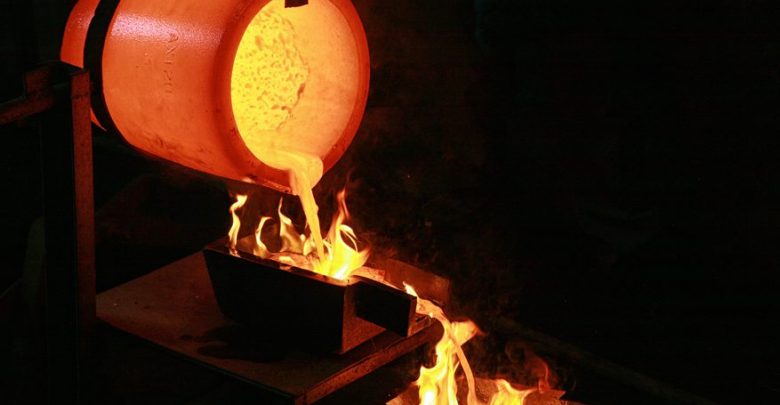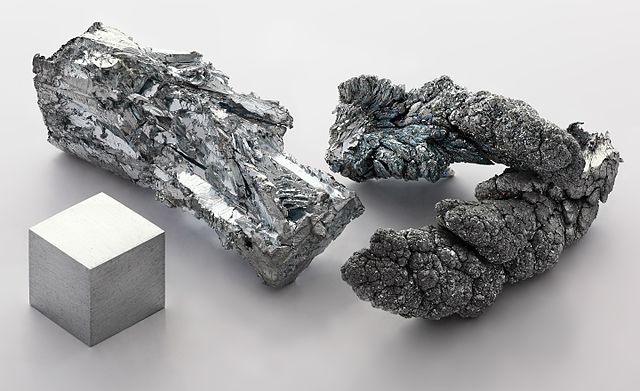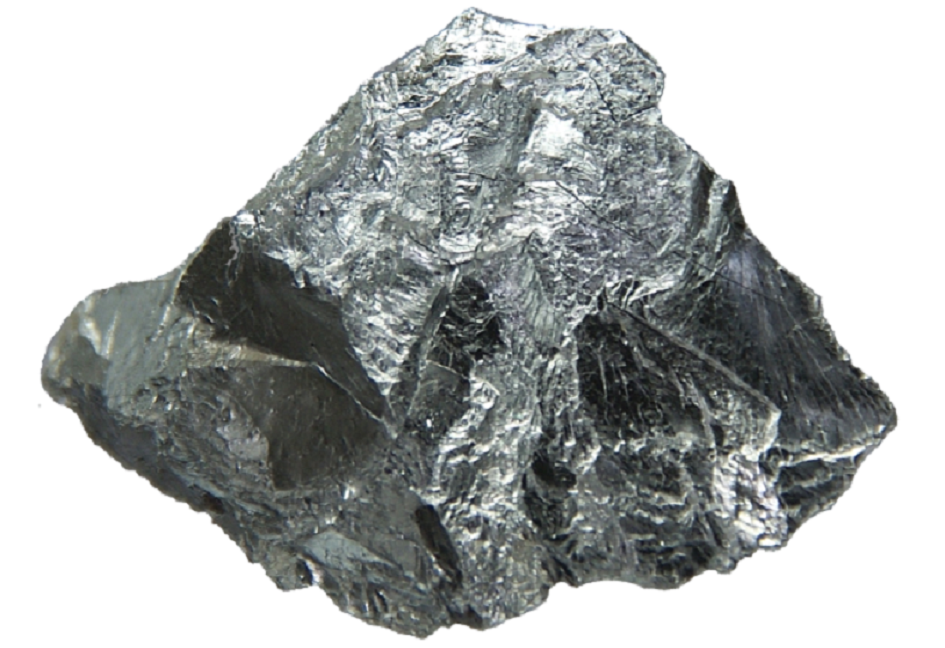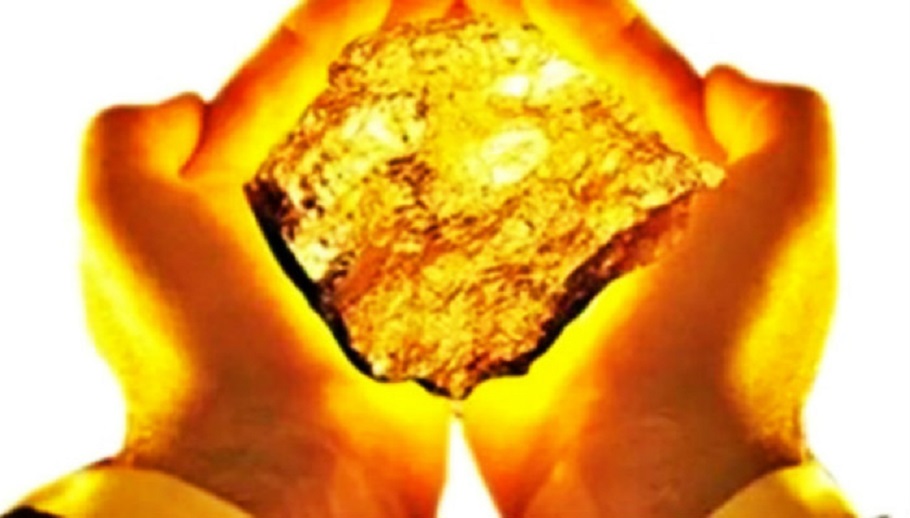Provided below is a list of Frequently Asked Questions (FAQs) to answer the most commonly asked questions. If after viewing this page you require a more specific answer or your question is not covered, please feel free to email us for further assistance.

Top 10 Materials with the Highest Melting Point in the World Want to know what materials have very high melting points? You’ve come to the right place. In this article, we will introduce the materials with the highest melting point in the world – top 10. 1. Tantalum Hafnium Carbide Alloy (3990℃) Tantalum hafnium carbide […]
Tags: Diamond, Graphite, HIGH-TEMPERATURE METALS, Materials with the Highest Melting Point, Osmium, pure metals, Refractory Metals, rhenium, Silicon carbide, tantalum carbide, Tantalum Hafnium Carbide Alloy, Titanium Boride, Titanium carbide, Top 10 Materials with the Highest Melting Point in the World, Tungsten

What Are Refractory Metals? Refractory metals are different. As a group, they provide a number of unique characteristics – such as resistance to high heat, corrosion, and wear – making them useful in a multitude of applications. The next time you climb into your automobile take note that you are surrounded by components that are […]
Tags: Niobium, Refractory Metals, rhenium, Tungsten

Which Elements Have the Highest Melting Point? As we all know, the melting point is the temperature at which a substance converts from a solid state to a liquid state. Some of the metals show very high melting points at least 2,000 degrees Celsius, and they also have very high physical strength. These metals are […]
Tags: Advanced Refractory Metals, Elements Have the Highest Melting Point, iridium, Molybdenum, Niobium, Refractory Metal, Refractory Metals, rhenium, tantalum, Tungsten, Which Elements Have the Highest Melting Point?

How Refractory Metals were Discovered and Developed? In today’s article, we’ll take a look at how refractory metals were discovered and developed. Refractory metals are referred to elements or alloys with melting points over 3002℉, such as tungsten, molybdenum, tantalum, niobium, titanium, zirconium, hafnium, vanadium, chromium, rhenium and alloys including tungsten alloys, molybdenum alloys, niobium […]
Tags: Chromium, Developing History, Developing History of Refractory Metals, Discover History of Refractory Metals, Discovery History, Hafnium, How Refractory Metals were Discovered and Developed?, Molybdenum, Niobium, Refractory Metals, rhenium, tantalum, titanium, Tungsten, Vanadium, Zirconium
Copyright © 1994-2024 Advanced Refractory Metals owned by Oceania International LLC, All Rights Reserved.